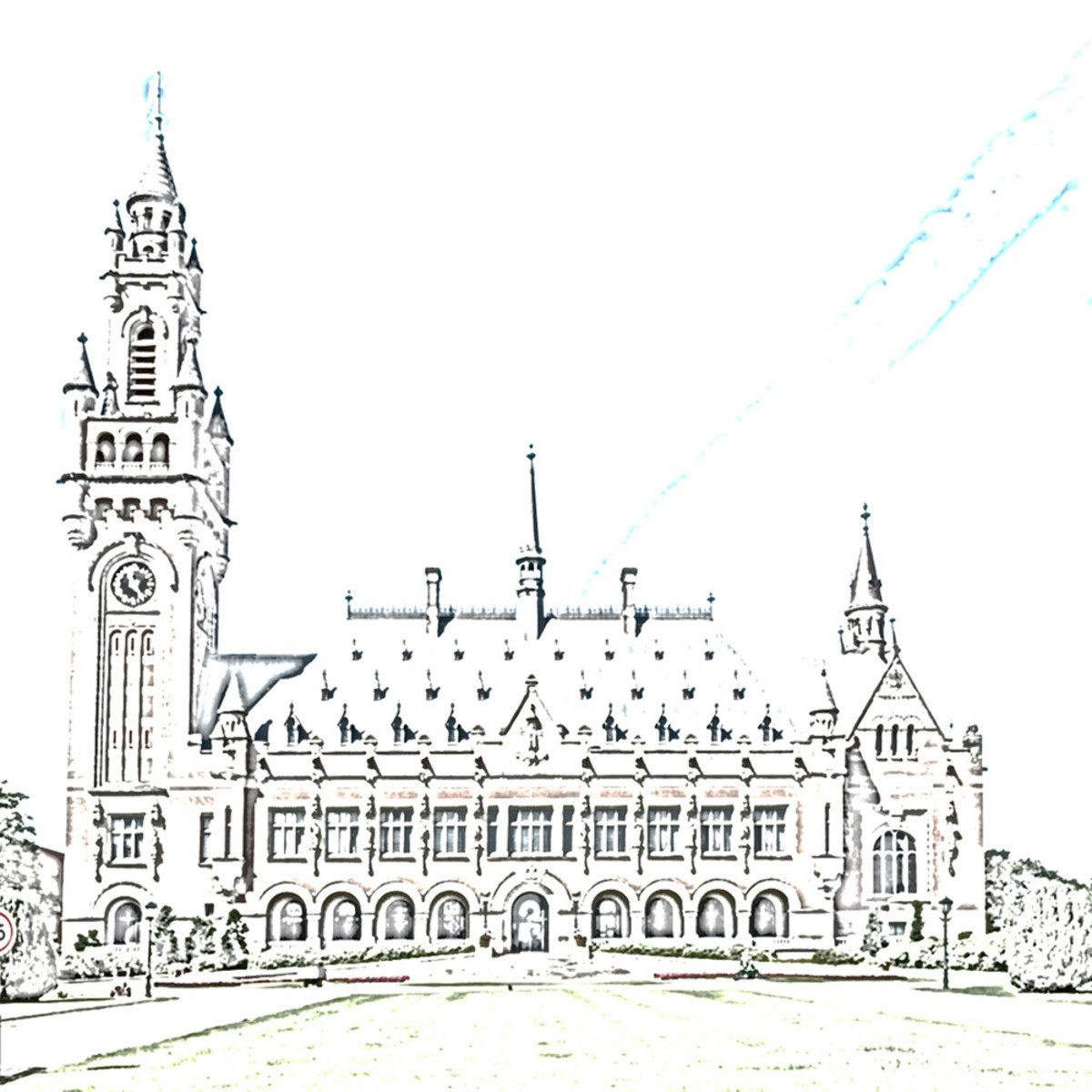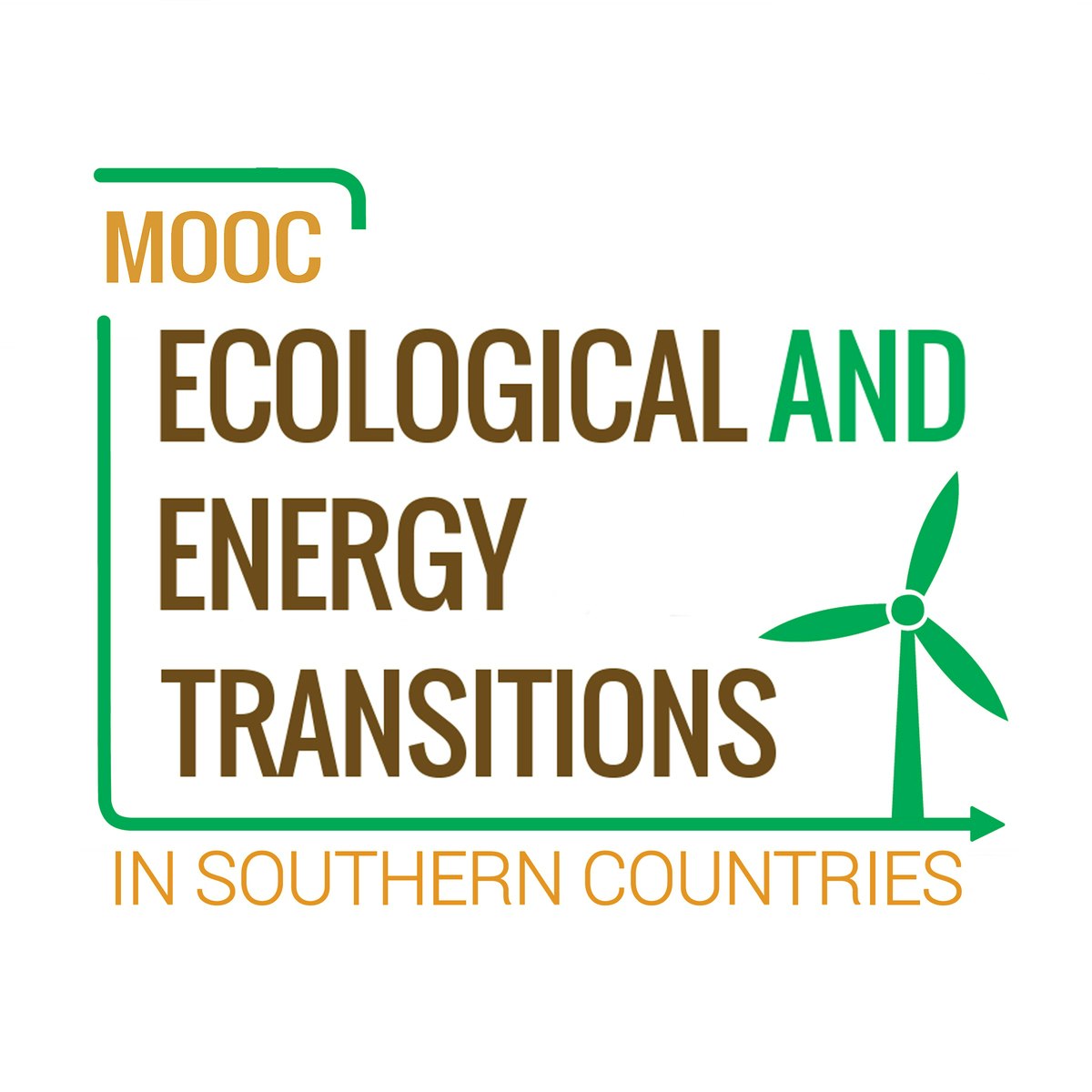Back to Courses









Social Sciences Courses - Page 41
Showing results 401-410 of 672

Assisting Public Sector Decision Makers With Policy Analysis
Develop data analysis skills that support public sector decision-makers by performing policy analysis through all phases of the policymaking process. You will learn how to apply data analysis techniques to the core public sector principles of efficiency, effectiveness, and equity. Through authentic case studies and data sets, you will develop analytical skills commonly used to analyze and assess policies and programs, including policy options analysis, microsimulation modeling, and research designs for program and policy evaluation. You will also learn intermediate technical skills, such as Chi-squared tests and contingency tables, comparing samples through t-tests and ANOVA, applying Tukey's honest significant difference to correct for multiple tests, understanding p-values, and visualizing simulations of statistical functions to help answer questions policymakers ask such as “What should we do?” and “Did it work?” In addition, you will practice statistical testing and create ggplot visuals for two real-world datasets using the R programming language.
All coursework is completed in RStudio in Coursera without the need to install additional software.
This is the third of four courses within the Data Analytics in the Public Sector with R Specialization. The series is ideal for current or early career professionals working in the public sector looking to gain skills in analyzing public data effectively. It is also ideal for current data analytics professionals or students looking to enter the public sector.
Social Computing
People are social creatures and the modern Internet reflects that. Technology has made collaboration at a distance possible in new ways that present their own set of challenges. This course will introduce you to the major challenges and opportunities for creating online communities. What does the future hold? Learn how social computing can create collaboration experiences that go beyond what’s possible face to face.
The Power of Markets I: The Basics of Supply and Demand and Consumer Behavior
This opening module of the Power of Markets course covers the basic assumptions about market participants made by economists, the concept of opportunity cost, and the key determinants of supply and demand. We will then learn how to use the supply-demand framework to explain and predict market outcomes and to show how government policies affect those market outcomes. We will look at how quantity demanded and supplied respond to their key determinants in quantitative (elasticity) as well as qualitative terms. The last two weeks of the first module will investigate consumer behavior more closely and show how consumer choices are driven by the interplay of preferences and budget constraints. We will employ the consumer choice framework to examine investor choice as well as policies such as ObamaCare and school choice. Finally, we will also address the concept of how to distribute a given amount of goods across a society’s consumers in the most efficient manner.

International Law in Action: the Arbitration of International Disputes
‘The Arbitration of International Disputes’ is the third course of Leiden University’s series on International Law in Action. The first course covered generalities on the international courts and tribunals in The Hague, while the second course provided an insider's perspective into the work of international criminal courts and tribunals. This third course explores the major aspects of international arbitration as one of the most common method of international dispute settlement . Through this course you will gain an in-depth understanding of the various facets of international arbitration through the analysis of its role as a mechanism of dispute settlement, its institutions, the fields of law it is applicable to, and, of course, its most famous awards.
The main question we will answer together during this course is "Can international arbitration contribute to the creation of a peaceful world through the settlement of disputes between States and between States and non-State actors?" In order to do so, we will learn the basic historical concepts or arbitration, as well as everything there is to know about the Permanent Court of Arbitration, based in The Hague. We will then dive into the role of international arbitration in settling disputes relating to the Law of the Sea, with a particular insight into the landmark South China Sea Arbitration. For an entire module, we will focus on investment arbitration, its principles and the procedure of the ICSID, the International Centre for Settlement of Investment Disputes. We will conclude the course with a module on the interplay between state immunity and enforcement of arbitral awards. This is brought to light through the Yukos Arbitration which is a perfect illustration of the topic.
This course offers you an opportunity to gain a better insight into international arbitration, its role and the current issues relating to it. You will gain in-depth knowledge of the principles and rules of arbitration. You will explore the topic through concrete examples and the most prominent arbitrations. You will also grasp the notion of international arbitration navigating between law and politics. International arbitration and The Hague go hand in hand: several key arbitration institutes are located in The Hague and important disputes were settled here through arbitration. The Hague is, so to speak, ‘the place to be for international arbitration’, especially when we are dealing with arbitration between States, or arbitration of investment disputes between foreign investors and States.
Join us for the course and become an expert on international arbitration!
This course is free to join and to participate in. There is the possibility to get a verified certificate for the course, which is a paid option. If you want a certificate, but are unable to pay for it, you can request financial aid via Coursera.

Computational Methods in Pricing and Model Calibration
This course focuses on computational methods in option and interest rate, product’s pricing and model calibration. The first module will introduce different types of options in the market, followed by an in-depth discussion into numerical techniques helpful in pricing them, e.g. Fourier Transform (FT) and Fast Fourier Transform (FFT) methods. We will explain models like Black-Merton-Scholes (BMS), Heston, Variance Gamma (VG), which are central to understanding stock price evolution, through case studies and Python codes. The second module introduces concepts like bid-ask prices, implied volatility, and option surfaces, followed by a demonstration of model calibration for fitting market option prices using optimization routines like brute-force search, Nelder-Mead algorithm, and BFGS algorithm. The third module introduces interest rates and the financial products built around these instruments. We will bring in fundamental concepts like forward rates, spot rates, swap rates, and the term structure of interest rates, extending it further for creating, calibrating, and analyzing LIBOR and swap curves. We will also demonstrate the pricing of bonds, swaps, and other interest rate products through Python codes. The final module focuses on real-world model calibration techniques used by practitioners to estimate interest rate processes and derive prices of different financial products. We will illustrate several regression techniques used for interest rate model calibration and end the module by covering the Vasicek and CIR model for pricing fixed income instruments.

K-12 Blended & Online Learning
This course introduces teachers and interested adults to K12 blended and online learning. Participants will design a blended or online unit and develop one module to use with K12 students.

Chemerinsky on Constitutional Law – Individual Rights and Liberties
Chemerinsky on Constitutional Law: Individual Rights and Liberties will highlight the construction and interpretation of the U.S. Constitution through the centuries with an emphasis on protections of individual liberties and the evolution of equal protection. You'll learn the history behind the Constitution, cases that formed important precedent, and how changes in interpretation have been dependent on shifts in cultural and political climate as well as the composition of the Supreme Court.
In this course we will investigate the protection of individual rights and liberties and take a look at what rights are and are not protected and investigate several important shifts in jurisprudence. We'll begin by examining the structure of the Constitution's protection of individual rights. We'll then examine the circumstances under which, various rights and liberties can be regulated by the federal, state, and local government. We'll examine when the government can permissibly treat people unequally and when it can't. In our final two lectures, we'll take a close look at what is probably the most famous amendment to the Constitution, the First Amendment.
Join me as we look at the questions both raised and answered by the Constitution and those that interpret it!
By the end of this course, you should be able to:
- Describe the individual liberties protected by the Constitution and account for the history and structure of their protection
- Illustrate compromises found in the Constitution by citing examples and historic background
- Articulate the importance of key cases such as Brown v. Board, Lemon v. Kurtzman, and Lochner v. New York
- Explain how the outcome of cases is often dependent upon the current cultural and political climate as well as the composition of the court by citing particular cases and important shifts in the court's jurisprudence
- Assess the relative suitability of various approaches to constitutional interpretation and analysis

Critical Thinking Skills for University Success
In this course, you will learn how to develop your Critical Thinking Skills to help you achieve success in your university studies. After completing this course, you will be able to:
1. Use critical thinking and argumentation in university contexts to improve academic results
2. Understand the importance and function of critical thinking in academic culture
3. Use a variety of thinking tools to improve critical thinking
4. Identify types of argument, and bias within arguments, in order to better evaluate the strength of arguments
5. Use evidence to support claims in arguments
6. Apply critical thinking and argumentation to real world problems and issues

Ecological and Energy Transitions in Southern Countries
The Agence Française de Développement and the Ecole normale supérieure are launching the fourth edition of the MOOC “Ecological and Energy Transitions in Southern Countries".
This edition will be launched simultaneously in 4 languages:
· In english : Ecological and Energy Transitions in Southern Countries
· In french : Transitions énergétique et écologique dans les pays du Sud
https://www.coursera.org/learn/transitions-energetiques-pays-du-sud/
· In spanish : Transiciones energéticas y ecológicas en los países del Sur
https://www.coursera.org/learn/transiciones-energeticas-y-ecologicas-en-los-paises-del-sur
. In portuguese : Transição energética e ecológica em países do sul https://www.coursera.org/learn/transiao-energtica-e-ecologica-em-paises-do-sul
This MOOC is at the junction between the development of Southern countries and sustainable development.
It has:
1) a macroeconomic and financial dimension, developed by Gael Giraud and Alain Grandjean;
2) an ecological and climatic dimension, developed by David Claessen and ENS speakers; and
3) a focus on Southern countries, developed by AFD speakers.
Here are the learning goals for the entire training program:
Goal 1: Be able to understand the relationship between the energy transition, the ecological transition, the role of energy in our economy, our economic development model, and financing issues.
Goal 2: Know how to advocate for and lobby on issues and on the need to change reality in order to implement strategies and action plans.
Goal 3: Be able to make a link between the Energy transition and financing solutions, and between comprehension and action.
No one questions the imperative need to ensure development based on personal well-being and a fair distribution of wealth.
The Challenges of a Transition for All
Until now the development of Northern countries has been based on an increasing exploitation of energy resources and a greater freedom of trade and exchange at the global scale. We now know that such a model is no longer sustainable, due to global warming and to the overexploitation of resources, which lead to health, social, and environmental disasters.
The Role of Developing Countries
With that in mind, how can we ensure fair and equitable growth for all? What role do countries from the different regions in the South have to play in this complete upheaval of the current economic, trade, and political models in order to achieve an effective energy and ecological transition?
A MOOC to Respond to these Questions
This free online training offers complementary perspectives from several specialists of issues related to climate change and the development of Southern countries. They will share their very practical understanding of the current crises and the answers that can be provided. Participants will learn from studies by:
• Researchers from the prestigious École Normale Supérieure in Paris
• Field experts from the Agence Française de Développement, a funding agency that has been committed to helping developing countries for 75 years,
• Carbone 4 founder Alain Grandjean, who will share his experience, in particular on the economic and financial aspects.
Here is the program:
1. Our development model is ecologically unsustainable
2. The dominant economic models hinder the energy and ecological transition
3. The energy transition path: decarbonizing GDP
4. The model of an ecological transition to new prosperity
5. Governance of the energy and ecological transition
6. Financing the energy and ecological transition

The Wonders and Challenges of Bible Education
Biblical figures play a central role in understanding the richness of the text and provide extraordinary educational opportunities for engaging students in meaningful discourse about its relevance for their lives. This course will focus on examining and analyzing Biblical characters, and give you access to different pedagogical techniques of teaching Bible in the classroom. We will learn about the challenges facing the Bible teacher today, as well as different philosophical, developmental, social, and psychological approaches to addressing those challenges. We will also learn different approaches to examining Biblical stories, including: exegetical, hermeneutic, historical, literary, and gender theory. We will examine and analyze the pedagogic skills to implement these different approaches inside the classroom. We’ll also cover analysis of different Biblical characters and stories, and hear from some experts in the field of Bible studies and Bible education.
Using this knowledge, you will gain skills to use inside the classroom, and be able to examine and analyze different educational programs that teach Bible in order to see which best suit your approach and educational setting. If you want to teach Bible, this course is a helpful guide and overview to different approaches and techniques for doing so.
Learning Outcomes: On successful completion of this module, students should be able to:
1. Students will appreciate challenges in teaching classical Jewish texts to school students
2. Students will acquire certain exegetical and literary skills to analyze selected Biblical passages.
3. Students will be exposed to a range of different approaches to presenting Biblical characters.
4. Students will examine a range of relevant developmental, social, and psychological theories that impact the teaching of the Bible.
5. Students will examine a range of educational programs that teach the Bible and will acquire tools to critically analyze these programs.
6. Students will produce a course project that will reflect their understanding of the various issues raised.
Popular Internships and Jobs by Categories
Find Jobs & Internships
Browse
© 2024 BoostGrad | All rights reserved